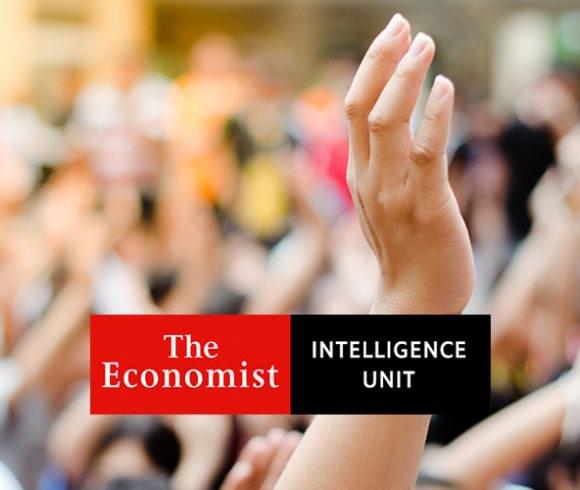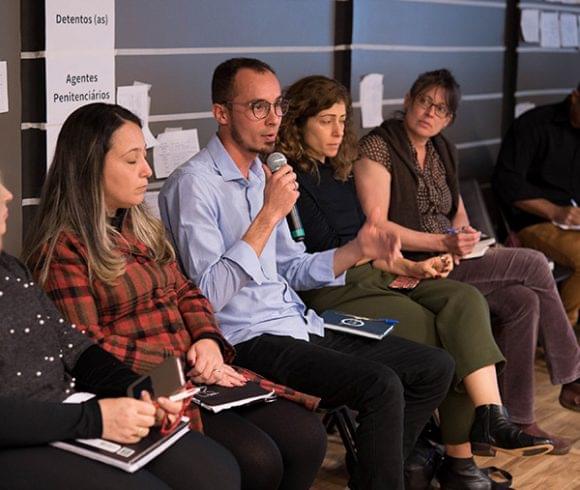On behalf of our family, the team at the Humanitas360 Institute and the PDR Philanthropic Fund, we would like to...
Active Citizenship
The first article of the Brazilian Constitution of 1988 states that citizenship is one of the foundations of the Republic and of the Democratic State. Much leaner and older, the American Constitution, created in 1789, originally only had seven articles dedicated to organizing the three branches of government and the relationship between the union and the states. The constitution was revised only three years later, when the Bill of Rights was created and amended to it. The bill aimed at protecting citizens’ rights, ensuring individual freedoms and restricting the power of the State.
Constitutions of different countries in the Americas, such as the ones from Colombia (1991) and Ecuador (2008), made more strides towards the protection of citizens’ rights. Both constitutions recognize the legitimacy of each ethnicity that comprises their social fabric, defining mechanisms of integration of indigenous populations in society through processes of democratic participation, and the insertion of native practices and values into everyday life.
However, the recent history of the American continent shows that constitutional law is insufficient to ensure the defense of democracy, the rule of law and the well-being of the population. Latin American societies have the tendency of treating the law as a panacea: between 1978 and 2012 alone, 18 countries in the region rewrote their Magna Carta. The Humanitas360 Institute believes that only through active citizenship, not only visible during electoral processes and official instances (such as councils and public hearings), but in all spaces of social life, we must sustain democracy, seek social justice and build peace in our societies.
Drawing from the methodology of promoting civic-social entrepreneurship from the PDR Institute (which became Humanitas360 Brazil), H360 promotes active citizenship through all of its programs and projects.
In addition to that, we also created a citizenship program, through which we develop activities that are even more focused on this issue. That is the case of the Citizen Engagement Index, created in partnership with the Economist Intelligence Unit. The index compares the level of citizen participation in several countries in the continent.
The Humanitas360 Institute also gives direct support to rising civic-social entrepreneurs and social organizations that work with issues that are key to improving the region’s security and quality of life. Within the framework of “grassroots philanthropy,” inherited from the PDR Institute, H360 never provides financial support alone. The support is rather based on the building of a relationship with entrepreneurs, who initially receive coaching, professional training and administrative support. Only then, material resources and other financial support are given. The whole process is to ensure entrepreneurs’ personal growth and the improvement of their organizations, which serve as vehicles of their civic-social projects that are developed within an environment that is more relational than transactional.





